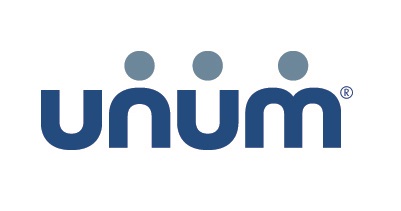Unum - Long Term Disability (LTD)

Voluntary Long-Term Disability (LTD) insurance, administered by Unum, provides financial protection for full-time, benefits-eligible employees by paying a percentage of monthly earnings should a covered disability occur.
Why should I enroll in a long-term disability?
If you become disabled because of accident, injury or illness, long-term disability insurance can pay up to 50% to 60% of your salary to a maximum of $6,000 per month while you are disabled and cannot work.
How much is the premium for both the 50% and 60% LTD benefit?
Long-term disability premiums are deducted from your pay on the first paycheck of each month only. Unum has provided two flyers, one for 50% benefit (PDF) and the other for 60% benefit (PDF). These flyers provide important FAQs in addition to the applied rates and calculation methods.
How do I enroll in long-term disability?
To enroll in the LTD coverage, please complete the LTD Enrollment form (PDF) and return it to Employee Benefits department in Heer Hall, Kent Campus or email it to BENEFITS@KENT.EDU. Please note: if you are a new employee, you have 31 days from and including your hire date to enroll without completing EOI - Evidence of Insurability. If the new hire deadline of 31 days has passed, enrollment for the LTD will need to be completed during our annual open enrollment period or due to a qualifying event. Doing so will require completing the EOI - Evidence of Insurability.
How do I complete the EOI - Evidence of Insurability?
Visit and enter your Â鶹ÊÓƵ access code: ASFLKGE then you can begin creating a profile that Unum will need to complete your request. Once the questionnaire is completed online, you can also submit it online directly to Unum's team. Â鶹ÊÓƵ does not have access to your answers on the insurability questionnaire. Determination of eligibility comes from Unum. You can also call Unum directly at 1-800-421-0344.
How can I learn more about Unum and long-term disability?
Feel free to view Unum's video, , and visit . Also, watch for more information in your emails or regular mailings from University Benefits.

